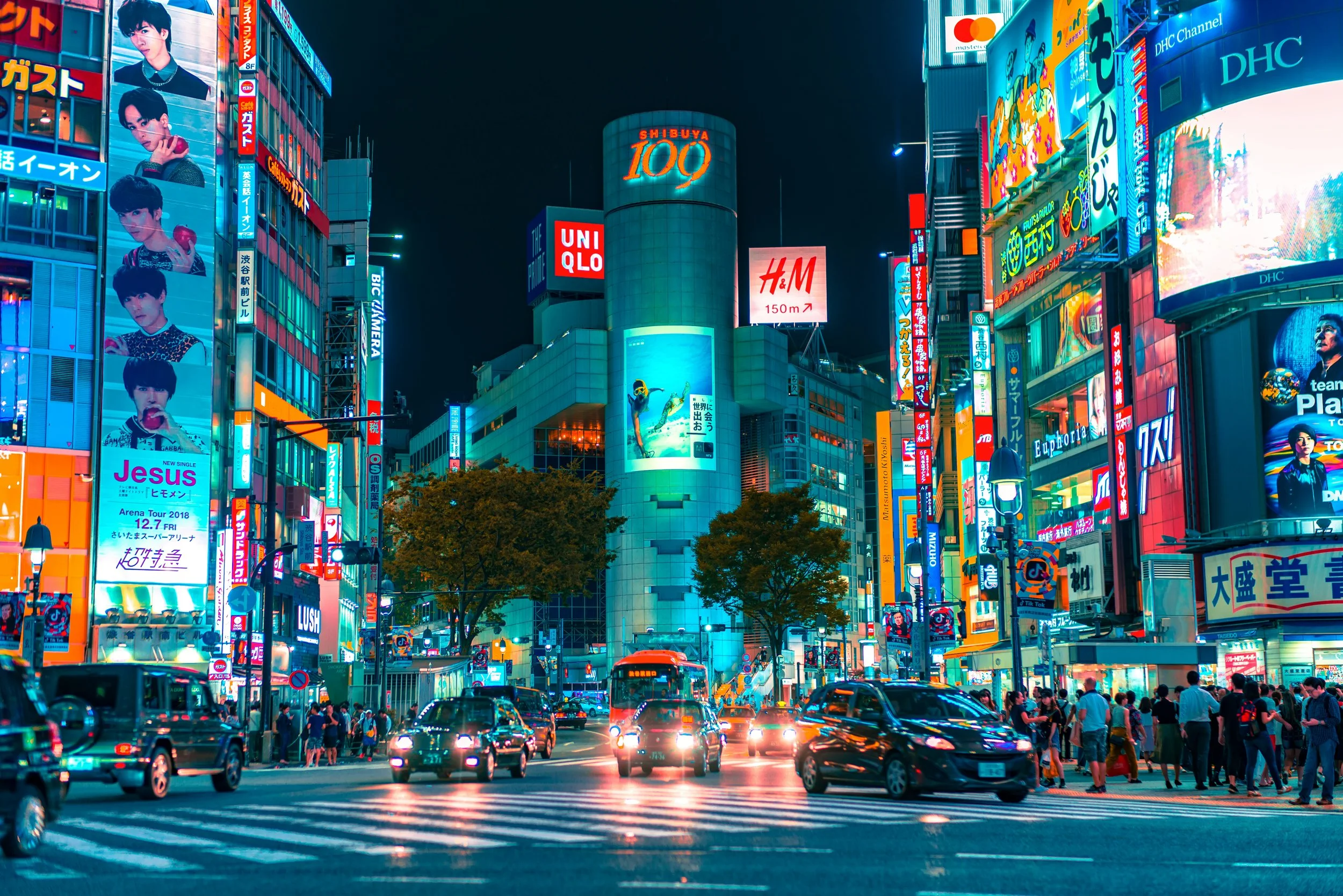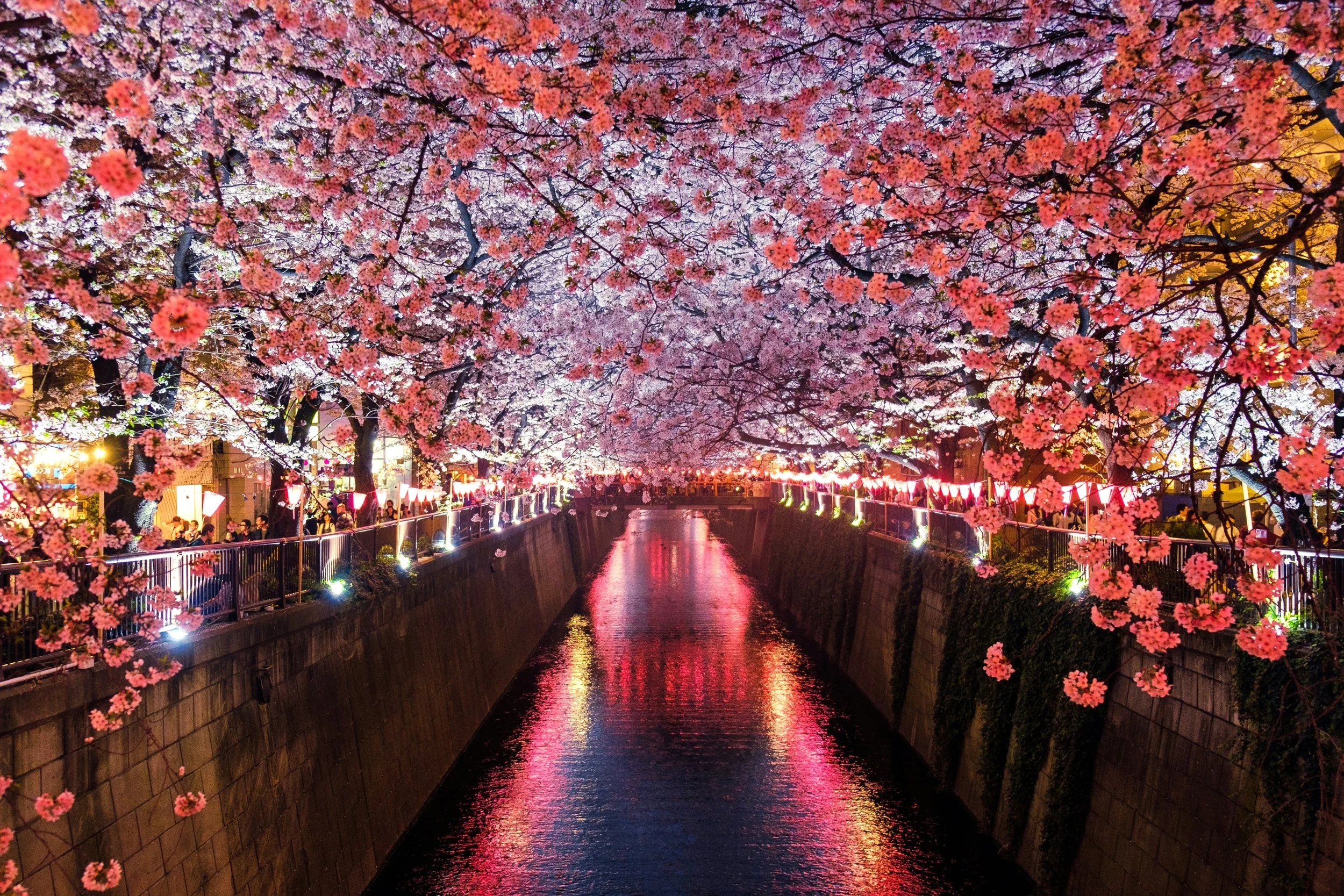Japan Cultural Immersion Beyond Tokyo
Morning mist rises from the hot spring as you slip into the private onsen, the mountain silence broken only by birdsong and the gentle splash of mineral-rich water.
Yesterday, you spent hours learning traditional pottery techniques from a master craftsman whose family has worked clay for six generations.
Tomorrow, you'll join a sake brewing family for the morning rice preparation ritual that begins each day's production.
This isn't vacation—it's cultural immersion that reveals Japan's soul through authentic experiences impossible to find in guidebooks.
While Tokyo and Kyoto deserve their reputations, Japan's most meaningful cultural experiences often happen in smaller cities, rural workshops, and family-run establishments where traditions continue unchanged by modern tourism.
These experiences require local connections, cultural sensitivity, and professional coordination that goes far beyond typical travel planning.
Why Surface-Level Japan Misses the Point
Most visitors experience Japan through famous temples, crowded markets, and tour group activities that barely scratch the surface of this complex culture.
You see the performance but miss the philosophy. You taste the cuisine but don't understand the centuries of refinement behind each dish. You visit the sites but never connect with the people who keep traditions alive.
True cultural immersion requires time, patience, and introductions that open doors typically closed to casual visitors.
Master craftspeople don't teach their techniques to everyone. Family-run establishments don't invite strangers into their daily routines.
Traditional practices aren't performed for entertainment—they're living traditions that require respect and genuine interest.
What genuine Japan cultural immersion provides:
• Direct learning from master craftspeople and cultural practitioners
• Participation in daily routines and time-honored practices
• Understanding of philosophy and values that drive Japanese culture
• Connections with local families and communities that extend beyond tourism
Japan Cultural Immersion Traditional Crafts Experience
Japan's heritage crafts represent centuries of refinement, passed down through generations of artisans who've devoted their lives to perfection.
These aren't museum demonstrations—they're active workshops where masters still create, innovate, and teach those genuinely interested in learning.
Pottery and Ceramics: Philosophy Through Clay
Japanese pottery transcends mere craft to become philosophy made tangible. In Bizen, families have worked the same clay deposits for over a thousand years, creating ceramics that improve with age and use. Learning from these potters means understanding patience, accepting imperfection, and finding beauty in natural variation.
Private workshops with expert potters include philosophy discussions alongside technical instruction. You learn to feel clay's potential, understand firing's mysteries, and appreciate how generations of refinement create seemingly simple beauty. These experiences often become life-changing encounters with different approaches to creativity and perfection.
Workshop Experience Includes:
• Hands-on clay preparation and wheel throwing techniques
• Philosophy discussions about wabi-sabi and imperfection as beauty
• Understanding of regional clay differences and firing methods
• Creation of personal pieces to take home as meaningful souvenirs
Did You Know? Heritage Japanese pottery masters never consider their work finished—each piece teaches them something new, continuing their learning journey that began in childhood.
Regional pottery traditions vary dramatically. Kyoto's refined elegance differs completely from Okinawa's bold earthiness. Visiting multiple pottery centers reveals how geography, history, and personality influence artistic expression.
Textile Arts: Weaving Stories Through Silk
Japanese textile heritage combines technical mastery with artistic vision in ways that have influenced global fashion for centuries. Kyoto's kimono workshops, where families have perfected dyeing and weaving techniques for generations, offer insights into precision and beauty that mass production can never replicate.
Textile Workshop Elements:
• Natural dyeing using indigo, persimmon, and flower materials
• Hand-weaving techniques on centuries-old looms
• Pattern design reflecting seasonal themes and cultural symbols
• Understanding of silk cultivation and traditional fiber preparation
Learning heritage dyeing uses natural materials—indigo, persimmon, flowers—processed through methods unchanged for centuries. The patience required for natural dyeing teaches different relationships with time and process than modern life typically allows.
Quick Tip: Heritage textile workshops often include meditation components, as the repetitive, precise work naturally creates mindful states that practitioners have valued for generations.
Regional Japan: Authentic Cultural Immersion
Japan's regional diversity offers cultural experiences impossible to find in major cities. Rural areas preserve traditions, languages, and practices that reveal Japan's complexity beyond urban modernization. These regions require local connections and cultural preparation that professional coordination provides.
Takayama and the Japanese Alps: Mountain Culture
The Japanese Alps region preserves traditional rural life while offering luxury accommodations and cultural experiences that connect visitors with Japan's agricultural heritage. Morning farm work with local families, followed by traditional breakfast preparation, provides insights into rural Japanese values and daily rhythms.
Traditional farmhouse stays (minshuku) offer cultural immersion through participation in daily routines. Help prepare communal meals, learn traditional farming techniques, participate in seasonal festivals that celebrate agricultural cycles.
Mountain hot spring culture in this region differs significantly from tourist onsen experiences. Local families share traditional bathing customs, seasonal ingredients, and mountain folklore that tourists rarely encounter.
Shikoku Island: Pilgrimage and Spiritual Practice
Shikoku offers Japan's most famous pilgrimage route—88 temples connected by ancient walking paths that spiritual seekers have followed for over 1,200 years. Modern pilgrimage experiences combine traditional spiritual practice with luxury accommodations and cultural education.
Walking portions of the pilgrimage route with local guides provides insights into Japanese spirituality, philosophy, and the role of physical challenge in personal growth. Temple lodging (shukubo) includes morning prayers, vegetarian temple cuisine, and discussions with monks about Buddhist philosophy.
Did You Know? Many Japanese complete the Shikoku pilgrimage during major life transitions, using the physical journey to process change and find direction.
Cultural immersion includes learning traditional temple arts—calligraphy, meditation, garden design—that support spiritual practice while creating beautiful objects and spaces.
Culinary Immersion: Beyond Restaurant Dining
Japanese cuisine represents far more than technique and ingredients—it embodies philosophy, seasonality, and cultural values that influence every aspect of Japanese life. True culinary immersion happens in family kitchens, traditional markets, and production facilities where food connects to culture, history, and identity.
Sake Brewing: Ancient Craft Meets Modern Science
Sake brewing combines centuries-old methods with modern precision in ways that reveal Japanese approaches to perfection and innovation. Family-run breweries offer experiences that include rice cultivation, fermentation science, and tasting education that develops sophisticated palates.
Brewing Experience Components:
• Morning rice preparation rituals with brewing families
• Fermentation science education and traditional timing methods
• Regional terroir understanding through water and rice varietals
• Professional tasting instruction developing refined palates
Learning sake brewing involves understanding rice varieties, water quality, seasonal timing, and fermentation subtleties that require years to master. Participation in daily brewing routines reveals how heritage knowledge combines with modern technology to create consistently excellent results.
Regional sake reflects local water, rice, and climate in ways that express terroir as clearly as wine. Visiting multiple brewing regions provides education about Japanese geography, agriculture, and regional pride that extends far beyond alcohol production.
Market Tours and Seasonal Cooking
Japanese markets operate according to seasonal rhythms that connect food to nature in ways modern urban life often obscures. Learning to shop with local families teaches ingredient selection, seasonal awareness, and cooking techniques that create extraordinary meals from simple components.
Market-to-Table Experience:
• Dawn market tours with local families and vendors
• Seasonal ingredient education and quality assessment
• Home cooking instruction using daily-fresh ingredients
• Family meal participation revealing cultural dining customs
Quick Tip: Heritage Japanese cooking classes often begin at dawn in local markets, where vendors explain seasonal ingredients, quality indicators, and preparation methods passed down through generations.
Home cooking experiences with local families provide insights into daily Japanese life, family dynamics, and regional specialties that restaurant dining never reveals. These experiences often become treasured memories and lasting friendships.
Hot Spring Culture: Healing and Community
Japan's hot spring (onsen) culture extends far beyond relaxation to encompass healing, community, and spiritual practice that has influenced Japanese culture for millennia. Authentic onsen experiences require cultural education and local introductions that respect tradition while providing meaningful participation.
Traditional Hot Spring Etiquette and Philosophy
Onsen culture includes complex etiquette, seasonal practices, and social customs that reflect Japanese values about cleanliness, respect, and community. Learning proper onsen behavior provides insights into Japanese social structure and values that influence every aspect of culture.
Private onsen experiences with cultural education include instruction about hot spring geology, healing properties, and historical significance that transforms simple bathing into cultural learning and personal renewal.
Regional hot spring destinations offer different mineral compositions, landscapes, and cultural practices that reflect local geography and history. Visiting multiple onsen regions provides education about Japanese geology, regional culture, and traditional healing practices.
Seasonal Festivals and Community Celebrations
Japanese festivals (matsuri) provide opportunities to participate in community celebrations that preserve traditions while strengthening social bonds. These events require local connections and cultural preparation that ensure respectful participation rather than mere observation.
Regional Festival Participation
Local festivals often welcome respectful visitors who demonstrate genuine interest in cultural learning rather than photo opportunities. Participation might include helping with festival preparation, learning traditional music or dance, or assisting with community feast preparation.
Did You Know? Many Japanese festivals date back over 1,000 years and preserve pre-Buddhist traditions that reveal Japan's ancient spiritual practices and community structures.
Festival experiences provide insights into Japanese community values, intergenerational relationships, and the role of tradition in modern life that casual observation cannot reveal.
Planning Authentic Japan Cultural Immersion
Meaningful cultural immersion requires advance planning, local connections, and cultural preparation that ensures appropriate participation and maximum learning. Professional coordination provides access to experiences, people, and places that independent travel cannot reach.
Common cultural immersion questions:
How do I find authentic experiences versus tourist activities? Authentic experiences require local relationships, advance coordination, and often occur in private settings with families or craftspeople. Professional planning provides these connections while ensuring cultural appropriateness.
What cultural preparation do I need before visiting Japan? Basic Japanese language skills, understanding of social customs, and research about specific regions or crafts you want to learn enhance experiences dramatically. Cultural briefings help avoid unintentional disrespect.
How long should I plan for meaningful cultural immersion? Authentic learning requires time. Plan minimum two weeks for serious cultural immersion, with longer stays providing deeper understanding and stronger relationships.
Your Cultural Journey Awaits
Japan cultural immersion offers the opportunity to understand one of the world's most refined cultures through direct participation rather than observation. Whether you're drawn to traditional crafts, spiritual practices, culinary arts, or regional festivals, authentic experiences connect you to values, techniques, and perspectives that influence how you see creativity, perfection, and community.
The magic of cultural immersion lies not just in what you learn, but in how these experiences change your understanding of craftsmanship, patience, and beauty. The pottery techniques you learn from a master craftsman influence how you approach all creative work. The meditation practices you discover in mountain temples provide tools for finding peace in busy modern life.
From the moment you first bow properly to a traditional craft master, you begin understanding respect, humility, and dedication that characterize Japanese culture at its finest. These experiences become part of who you are, influencing perspectives and practices long after you return home.
Let Sublime Travel design your Japan cultural immersion experience, ensuring authentic encounters with master craftspeople, cultural educators, and traditional practices that reveal Japan's soul beyond tourist attractions. Because the best cultural travel doesn't just show you different places—it shows you different ways of being in the world.








